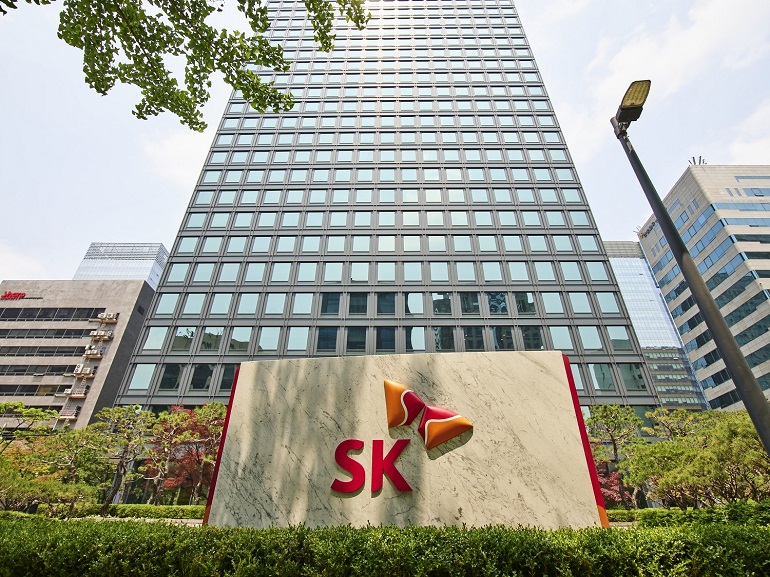Two major South Korean corporate giants have been accused of greenwashing over improperly claiming greenhouse gas emissions reduction. The companies were reported to Korea Fair Trade Commission and Korea Environmental Industry and Technology Institute. This is the first complaint case in South Korea since “Green Premium Program” was launched.

(Photo: SK Group)
On the 8th, "Solutions for Our Climate", a South Korea non-government organization alleged that six companies under the SK Group and two companies under steelmaking and materials conglomerate POSCO Group, used the green premium to double-counting the carbon reduction effect, and also utilized this for advertising and misleading consumers.
The group strongly condemned the greenwashing behavior of SK and POSCO, and requested them to genuinely utilize renewable energy to reduce greenhouse gas emissions and achieve real carbon neutrality.
The green premium is paid by South Korean companies to the Korea Electric Power Corporation (KEPCO) for purchasing renewable energy. However, the calculation of greenhouse gas emission reductions should be attributed to the power generators rather than the user companies. Therefore, the activists believe that SK and POSCO should not claim these emission reductions as their achievements.
SK Group is the first South Korean company to join RE100, pledged to achieve 100% renewable energy by 2050. However, its subsidiaries have faced scrutiny from government several times due to greenwashing problem. POSCO Group is the top carbon dioxide emitter in South Korea, accounts for at least 10% of the country's total emissions, is still claims to produce carbon-reduced steel despite adopting the green premium.
Solutions for Our Climate stated that the false claims of SK and POSCO could potentially tarnish the reputation of multinational companies they collaborate with, such as the tech giant Apple and the electric vehicle manufacturer Tesla.
Geonyoung Kim, a lawyer at Solutions for Our Climate, explained that while there are many ways to achieve K-RE100, such as direct Power Purchase Agreements (PPA), which would be more beneficial for energy transition, many companies opt for green premium, the cheapest and simplest way. She urged the South Korean government to formulate policies that encourage companies to choose renewable energy procurement with additionality.


